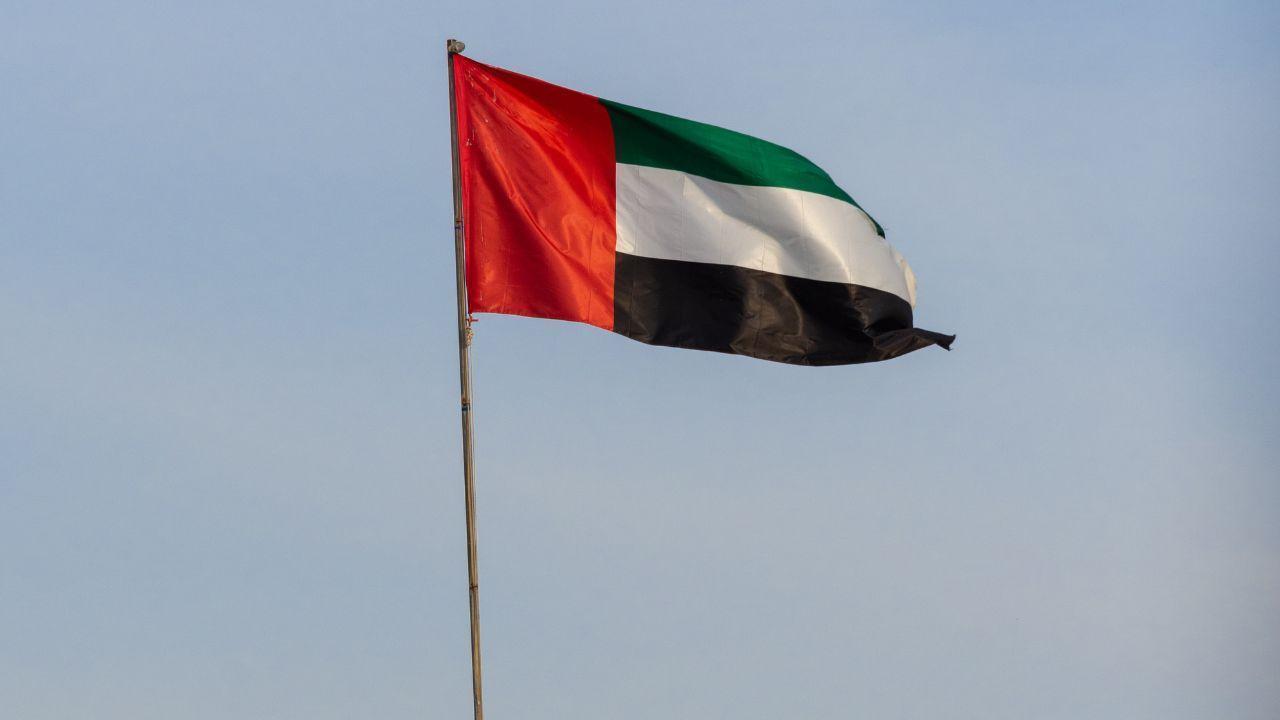
Post by : Layla Badr
The United Arab Emirates (UAE) has strongly condemned the recent hostile remarks made by Israeli Prime Minister Benjamin Netanyahu against Qatar. The UAE described these statements as dangerous and unacceptable, highlighting that such words pose a serious threat to peace and stability in the region. This response clearly shows the UAE’s strong position in defending the Gulf Cooperation Council (GCC) and its member states.
UAE Ministry of Foreign Affairs Statement
In an official statement, the Ministry of Foreign Affairs (MoFA) of the UAE expressed its firm rejection of Netanyahu’s comments. The Ministry emphasized that Qatar’s security is closely linked to the security of all GCC countries. Any threat or hostile action against Qatar, the UAE made clear, would be considered a threat to all Gulf states. This statement reflects the UAE’s long-standing commitment to protecting its regional partners and maintaining stability in the Gulf.
Stay informed with the latest news. Follow DXB News Network on WhatsApp Channel
Qatar’s Security and GCC Unity
The UAE highlighted that Qatar is an important part of the GCC framework. The GCC is based on principles of cooperation, unity, and collective defense. According to the UAE, targeting one member country is equivalent to targeting all, and such actions will not be tolerated. The statement reinforced that the safety and security of Qatar are inseparable from the peace and stability of the UAE and other Gulf states.
Strong Rejection of Hostile Language
The UAE did not only reject Netanyahu’s remarks but also warned of the consequences of using hostile and provocative language. The Ministry stressed that such statements increase tensions in the region instead of promoting peace. Hostile rhetoric can push already fragile situations toward conflict. The UAE urged Israel to avoid making comments that could further inflame the situation in the Middle East.
Threats to Regional Stability
According to the UAE, Netanyahu’s remarks pose serious risks to the wider Middle East. Provocative statements can destabilize not only Qatar but also the broader Gulf region. The region is already facing many challenges, including conflicts, humanitarian crises, and economic difficulties. The UAE emphasized that peace and dialogue, not threats, are the only ways to maintain stability and security in the region.
GCC’s Collective Security Principle
The UAE reminded the international community that the GCC was established to protect the shared interests of its member countries. One of the GCC’s main principles is collective security—if one member is threatened, all members respond together. This framework ensures Gulf states remain united and discourages external forces from making aggressive moves against any single country. By condemning Netanyahu’s statements, the UAE reinforced its commitment to this principle of collective defense.
Importance of Peaceful Dialogue
The UAE stressed that lasting peace in the Middle East can only be achieved through dialogue, not through aggressive words or actions. Hostile remarks harm trust and make cooperation more difficult. The Ministry of Foreign Affairs called on all countries in the region to avoid inflammatory statements and focus on constructive engagement that can lead to stability, understanding, and peaceful coexistence.
UAE’s Support for Qatar
The UAE made it clear that it stands fully in solidarity with Qatar. By rejecting Netanyahu’s remarks, the UAE sent a strong message of support to its neighbor. This solidarity reflects the importance of unity among Gulf countries, particularly when external threats are present. The UAE’s position shows that it will not tolerate any attempt to undermine the sovereignty or security of Qatar or any other GCC member state.
International Implications
The UAE also called on the international community to take note of these developments. Hostile statements from influential leaders like Netanyahu could escalate tensions and affect global peace and security. The UAE urged other countries and international organizations to encourage restraint and responsible behavior to prevent further instability in the region.
Warning of Dangerous Outcomes
In its statement, the UAE Ministry of Foreign Affairs warned that Netanyahu’s remarks could push the region toward “extremely dangerous trajectories.” This phrase underlines the seriousness of the situation. Careless threats can trigger misunderstandings, hostility, and even open conflict. The UAE emphasized that careful diplomacy and responsible leadership are essential to prevent such dangerous outcomes.
UAE’s Longstanding Role in Stability
The condemnation of Netanyahu’s remarks reflects the UAE’s broader foreign policy. For years, the UAE has promoted peace, stability, and cooperation in the Gulf and across the Middle East. The country often acts as a mediator in regional conflicts and provides humanitarian assistance to nations in crisis. By speaking out against Netanyahu, the UAE reaffirmed its role as a supporter of peace and stability.
Preventing Escalation
The UAE stressed the urgent need to prevent the region from sliding into deeper conflict. With ongoing wars and crises in several Middle Eastern countries, adding another layer of hostility would worsen the suffering of ordinary people. The UAE believes that leaders must act responsibly and avoid actions or statements that could exacerbate tensions or create new conflicts.
GCC’s Message of Unity
The UAE’s response also sends a strong message about the unity of the GCC. By standing firmly with Qatar, the UAE demonstrated that Gulf states are bound together through shared security. This collective approach is meant to protect the region from outside interference and maintain stability through cooperation and mutual support.
Call for Responsible Leadership
Finally, the UAE called for responsible leadership across the Middle East. Leaders have a duty to promote peace, avoid provocative language, and focus on dialogue and cooperation. The UAE urged all countries, including Israel, to respect the sovereignty of other nations and refrain from actions or statements that could threaten regional security.
The UAE’s condemnation of Netanyahu’s remarks shows its determination to protect Gulf unity and regional stability. By standing with Qatar, the UAE sent a clear message that any threats against a GCC member state will not be ignored. Moving forward, the UAE will continue to advocate for dialogue, cooperation, and peace, rejecting rhetoric or actions that could escalate conflict in the Middle East. The UAE’s position demonstrates its ongoing commitment to maintaining security, fostering regional trust, and ensuring that the Gulf remains a safe and stable region.
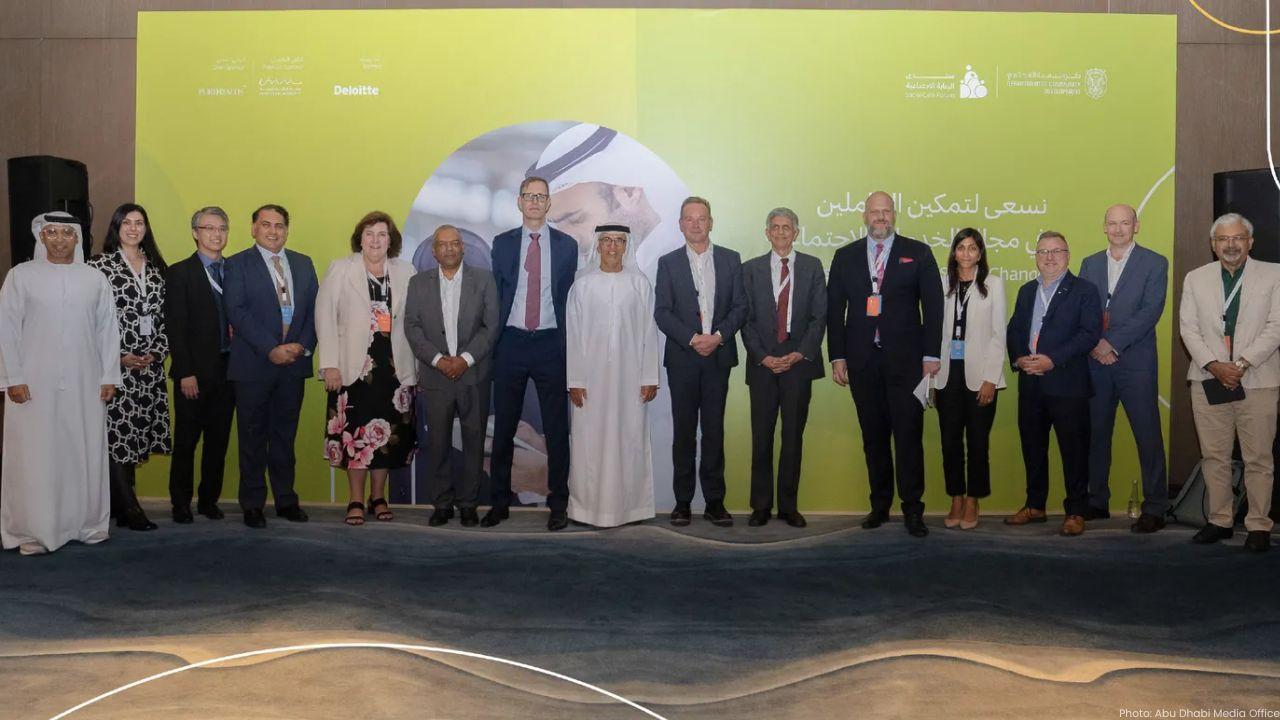
Abu Dhabi Hosts Social Care Forum 2025 for Future Readiness
The Social Care Forum 2025 in Abu Dhabi focuses on people, practice, and policy, aiming to improve s
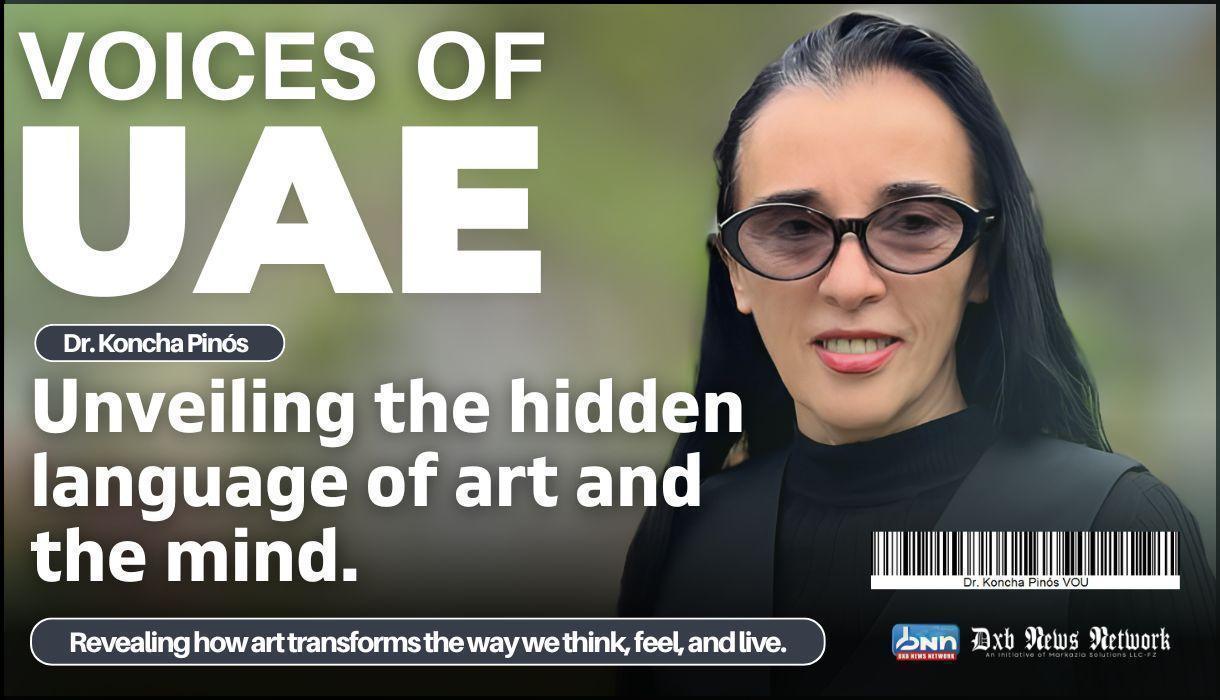
Dr. Koncha Pinós: Where Art, Consciousness, and Neuroaesthetics Meet
Dr. Koncha Pinós explores how art and consciousness unite, shaping wellbeing and the future from the

Global Banking in 2025 How Technology Sustainability and Innovation Are Shaping the Future
Explore the global banking landscape digital transformation sustainability and innovations shapin

Canadian Dollar Rises as US Data Boosts Investor Confidence
Canadian dollar gains after hitting three-week low as U.S. jobless claims rise and Canada plans proj

Nepal Gen Z Protests: Parliament, Luxury Hotels Set Ablaze
Massive Gen Z protests in Nepal target corruption, lavish elites; parliament and luxury hotels, incl
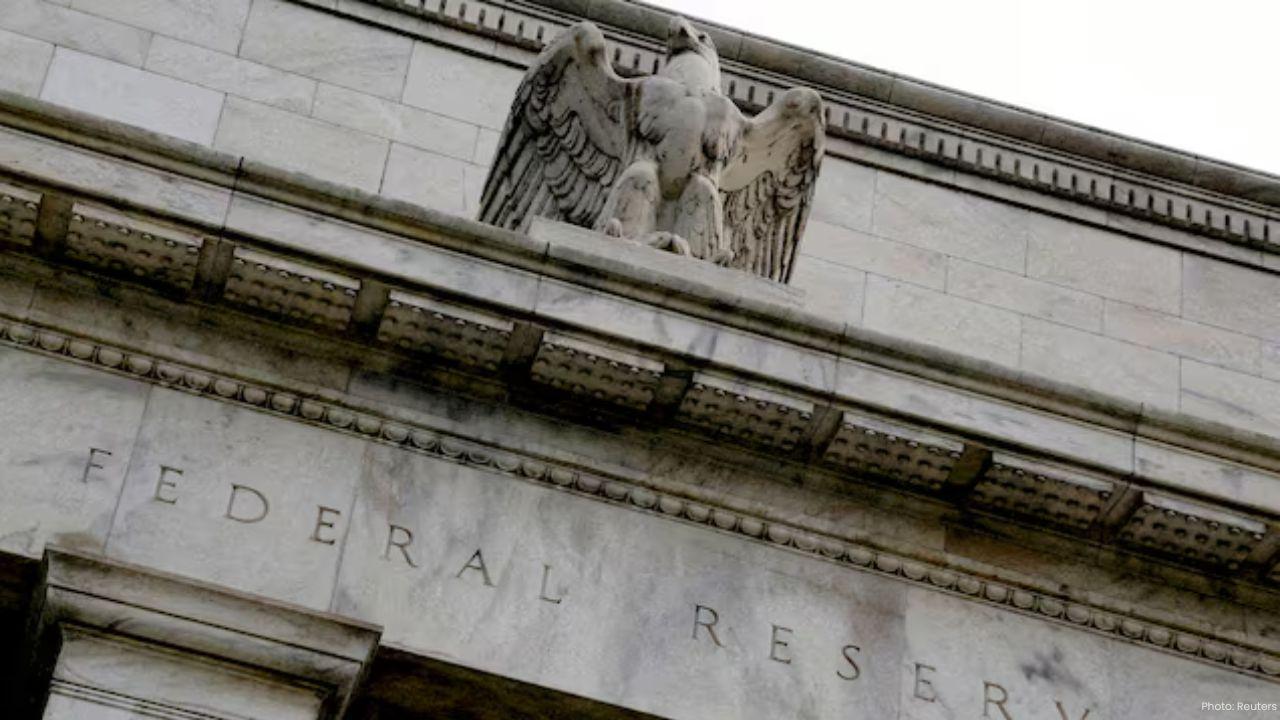
US Faces Inflation Rise, Job Loss Fears Ahead of Fed Decision
US inflation rises as jobless claims hit 4-year high. Fed faces tough choices as consumers feel pres

Trump suggests Russian drone entry into Poland was mistake
Trump says Russia may have entered Poland by mistake as drones violate airspace, contrasting strong

Global Banking in 2025 How Technology Sustainability and Innovation Are Shaping the Future
Explore the global banking landscape digital transformation sustainability and innovations shapin
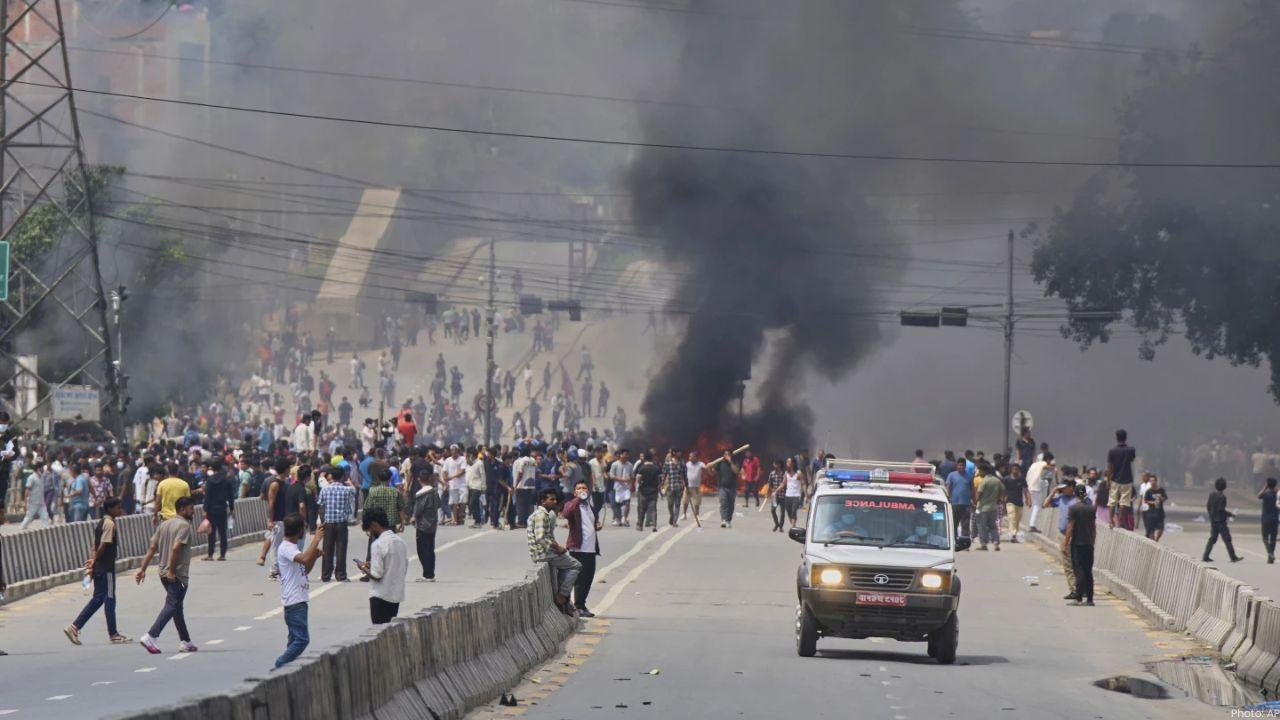
Nepal Faces Crisis as Youth Protests Shake Politics
Nepal’s political crisis grows as youth protests rise over social media ban, leaving 30+ dead and th

Beyond Grades Why Emotional Intelligence is the Key to Students Success
Discover why emotional intelligence matters more than grades helping students succeed manage emoti

Global Banking 2025: Transformations, Challenges, and UAE’s Strategic Role
Transformations, Challenges, and UAE’s Strategic Role
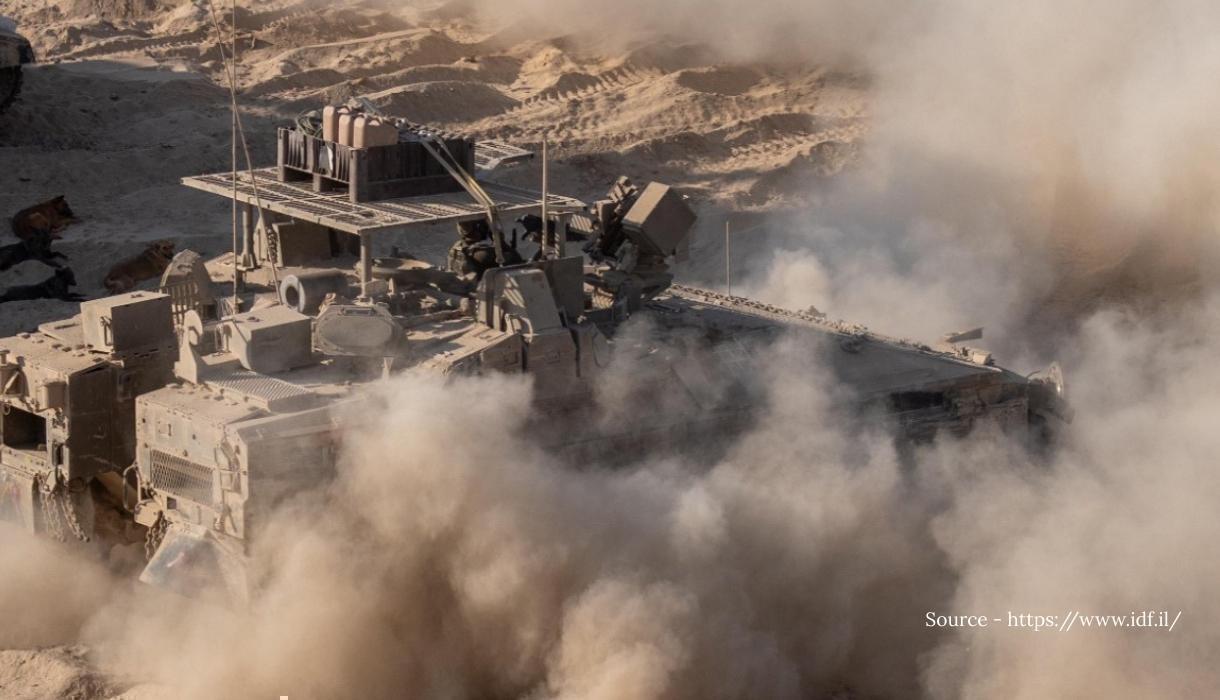
Israel Launches Airstrikes on Yemen — 35 Dead, Over 130 Injured in Sanaa and Al Jawf
Emergency teams rush to rescue survivors as strikes hit military sites, fuel depots, and residential
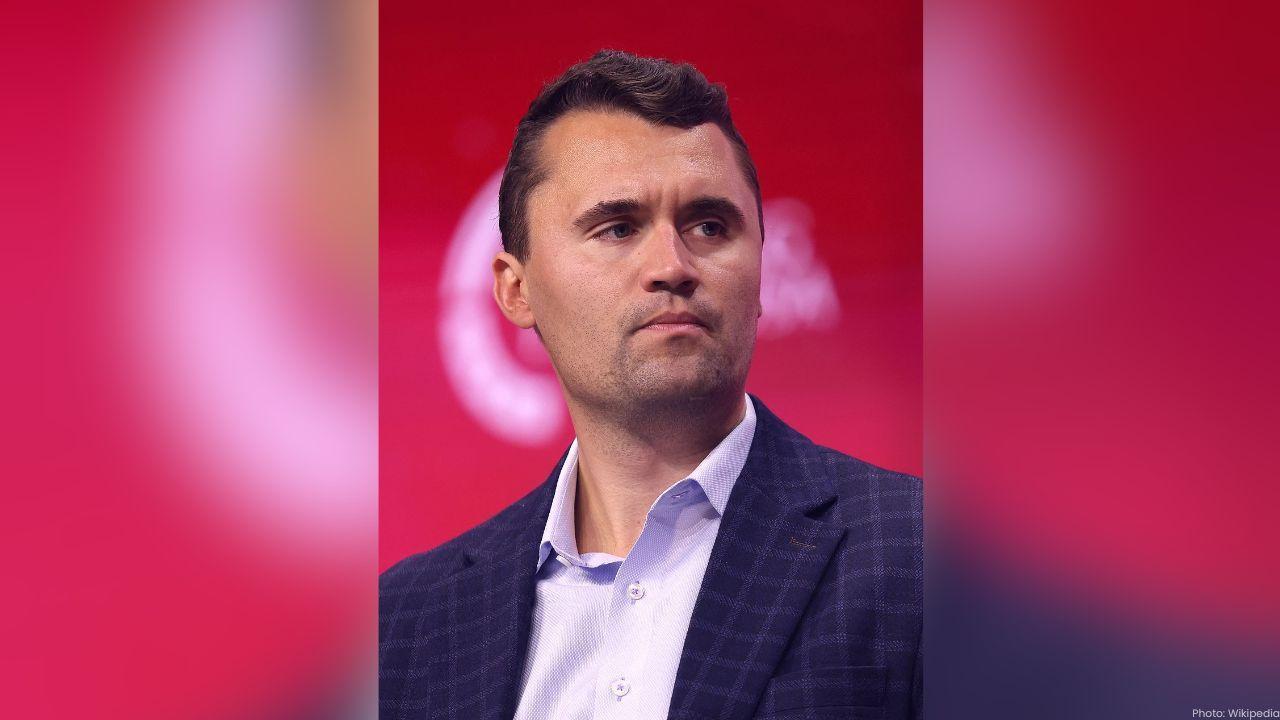
Charlie Kirk Shot Dead at Utah University During Speech
Charlie Kirk, Turning Point USA founder, was shot dead at Utah Valley University. Chaos erupted as t
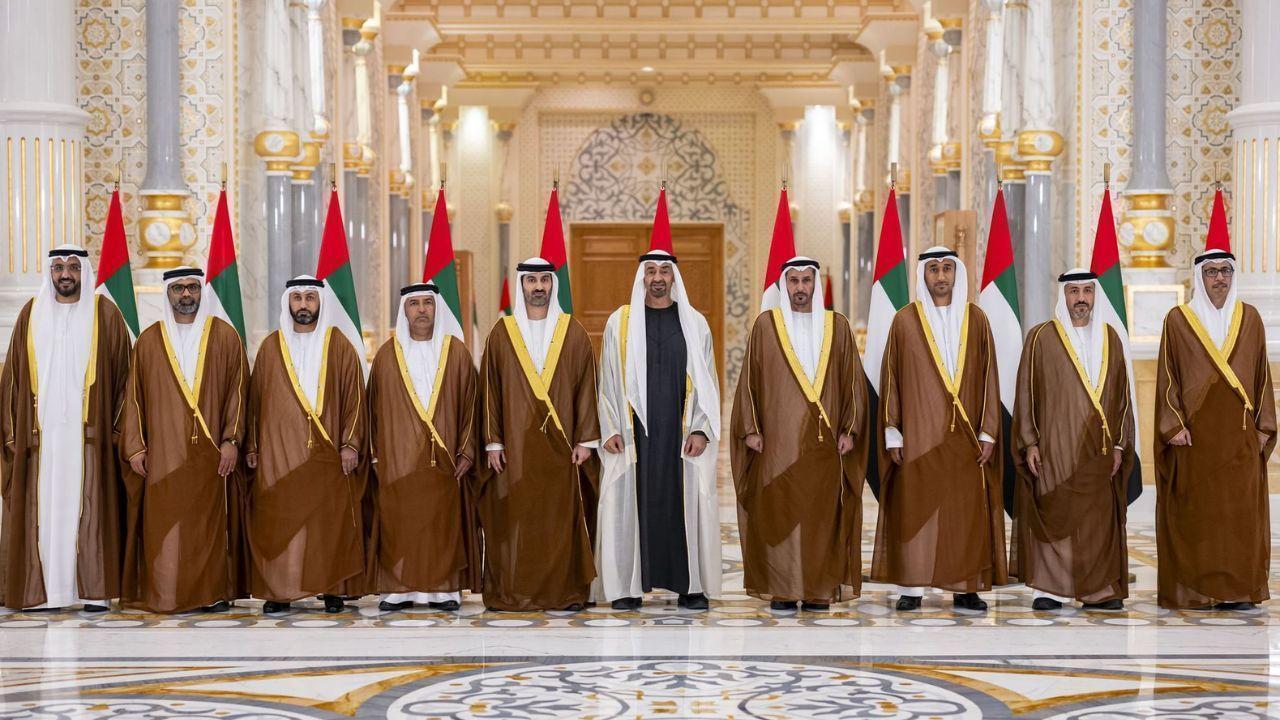
UAE President Hosts Ceremony for New Ambassadors
UAE President Sheikh Mohamed bin Zayed attends swearing-in of UAE ambassadors and receives credentia

UAE Civil Aviation Soars Airports Flights and Economic Impact
UAE’s civil aviation sector grows rapidly with world-class airports, international routes, cargo job